
All six episodes were provided prior to broadcast.
Fleabag has a familiar premise.
Sexually liberated, free-drinking, recklessly uninhibited 30-something Fleabag (Phoebe Waller-Bridge) tries to make sense of her disorganized life in the heart of London, through the support of her successful, uptight sister Claire (Sian Clifford), her widowed father (Bill Paterson) and her perpetually on-and-off again boyfriend Harry (Hugh Skinner). Her small business —a guinea pig-themed cafe — is failing, her funds are deflated, her wicked artist stepmother (Olivia Colman) endlessly pesters her, she’s haunted by the memory of her deceased best friend Boo (Jenny Rainsford) and, under such high-stress circumstances, her sexual appetite is hungrier than ever.
There’s a good chance you’ve seen something like Fleabag before. But the BBC 3 original — picked up by Amazon for its American debut, much like the shipping site did with Channel 4’s Catastrophe — is nevertheless welcomed. Not for its originality, but rather as a proper showcase for Waller-Bridge: an exceptionally stunning, present and honest talent deserving of a platform for her accessible, unabashed and typically cutting screen presence — no matter how familiar it might seem. Luckily, Fleabag still finds ways to endear itself to you, wreck you and, yes, sometimes surprise you.
Based on her play of the same name, Waller-Bridge wrote all six episodes of this personal project, which serves as a funny, touching and often intently observed dark dramedy and pensive character study to express her versatility, vulnerability and voice on-screen. With her all-knowing personality and her regular habit for four-wall breaking marred with her inability to grab hold of her failing life, Fleabag plays like a mix between House of Cards‘ Frank Underwood and Amy Schumer’s lead character in Trainwreck.

With a sly smile, a knowing glance or a suggestive twitch of her eyebrow to the camera, Waller-Bridge can let Fleabag speak multitudes with a mere turn towards the camera. Yet, as a writer, she wisely holds her cards back until the end, letting us revel in her self-depreciating humor, sarcastic attitude and perpetually sex-driven thoughts before laying down the true tragedy and debilitating sadness found in our titular character. It’s not a sly transition, but it doesn’t need to be. And it shouldn’t be.
Waller-Bridge has created a deftly funny portrait of grief, told with humility, keen insight and low-key melancholy. It’s not driven by pity, however, and it doesn’t demand your sympathy. Fleabag knows she’s not an especially good person, and she doesn’t try to be one. Our emotional gratification with the character comes purely on her terms, and she never lets the spotlight get stolen. Her emotional journey is an internal one — hence, fourth wall breaking — and it would be a sullen one too, if it weren’t for her quippy personality and constant need to make light of any situation, be it a cancerous breast examination or memorial for her mother. The heart is usually buried deep, but it’s always beating. It’s out for blood, and when it cuts, it bleeds like a riverbank. It won’t stop until it’s drained either, leading to an emotional finale where secrets are revealed, feelings are hurt and characters are forever bruised. It suggests Fleabag is likely a self-contained story, making a second season unlikely (but not entirely impossible). It’s up to Waller-Bridge, of course, to determine if that’s the case.
Towards the end of the first episode, Fleabag describes herself as “a greedy, perverted, selfish, apathetic, cynical, depraved, morally-bankrupt woman who can’t even call herself a feminist.” She’s the type of person who masturbates to Obama speeches and jogs in her mother’s graveyard everyday. Her show is a confessional, reflective, soul-searching work of contemplation, and it’s a pretty good one too. Waller-Bridge’s performance is also among the most telling and refreshing you’ll see this year, television or otherwise. Fleabag won’t be remembered for its groundbreaking originality, but it’ll quite likely be remembered as what broke its star/creator/writer out onto the world-at-large. She’s pulling out no stops, and she shouldn’t, because she has an exceptionally promising future ahead of her. This little bug is set to soar.

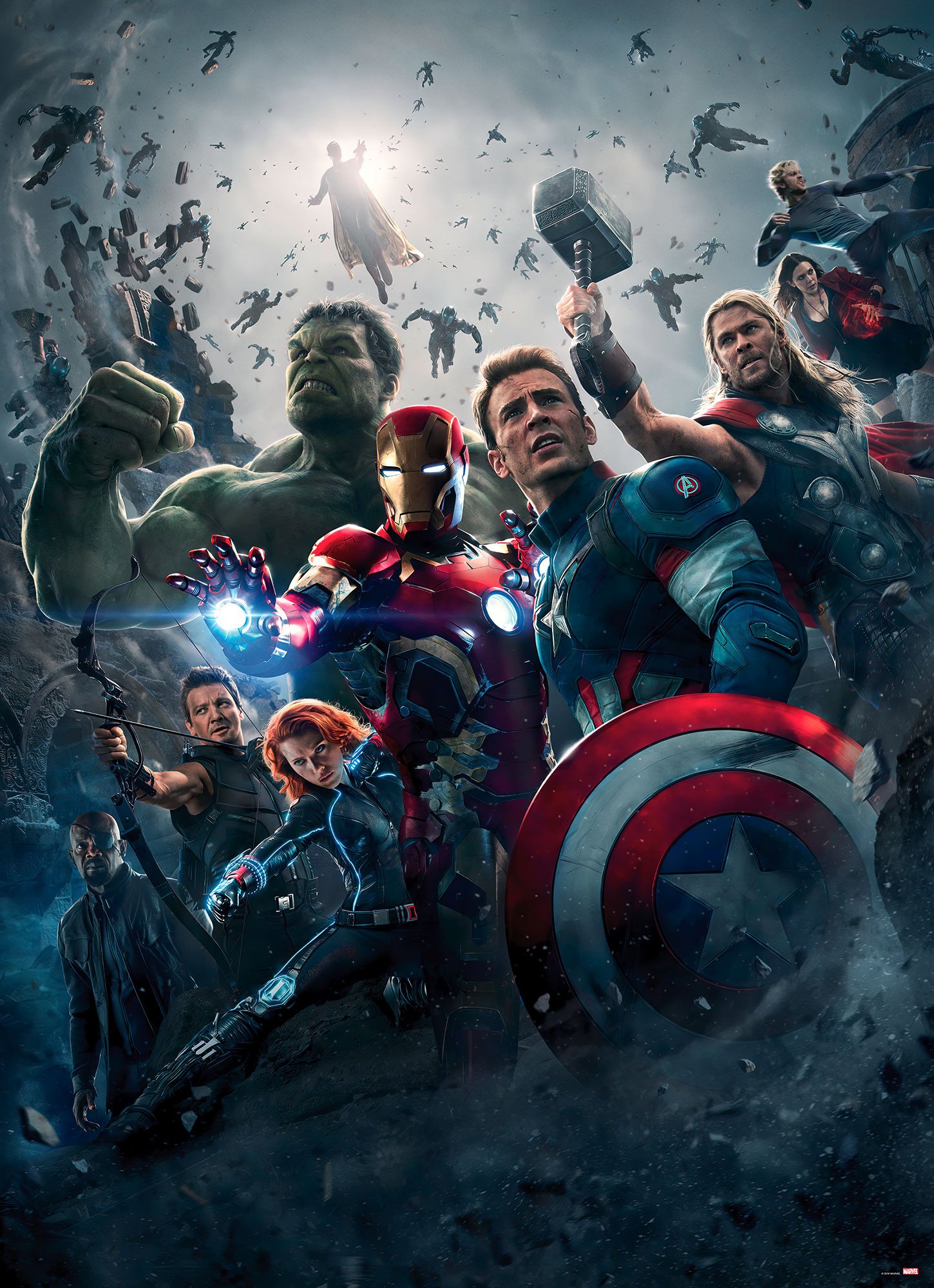


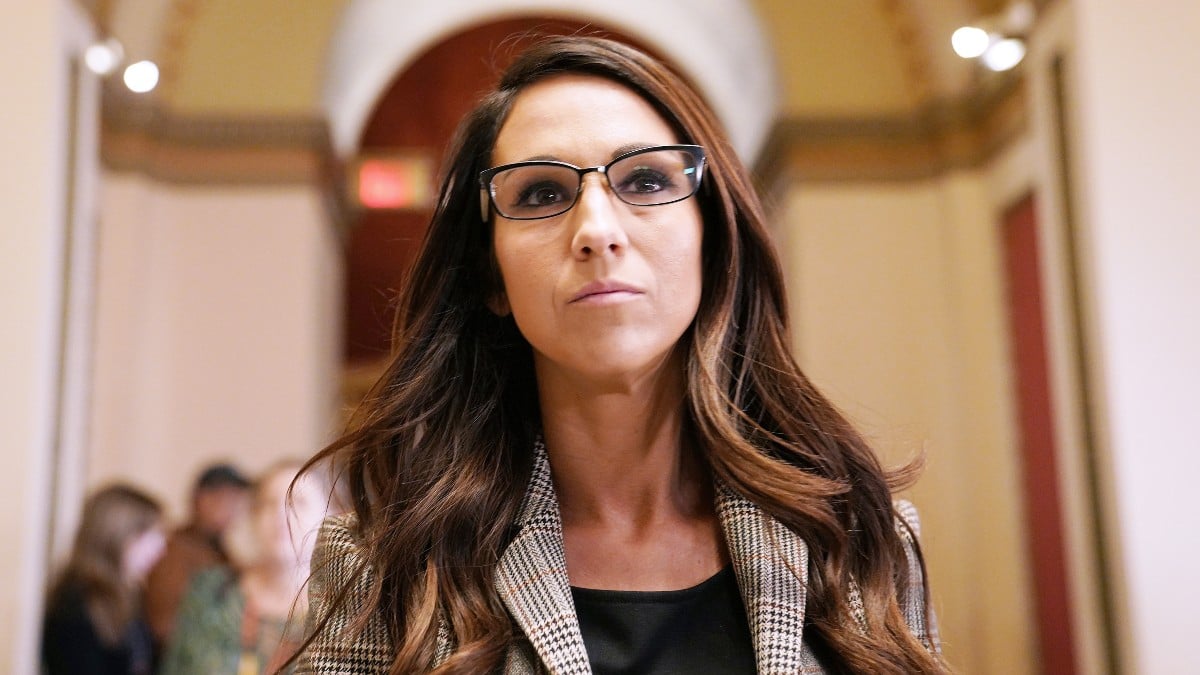
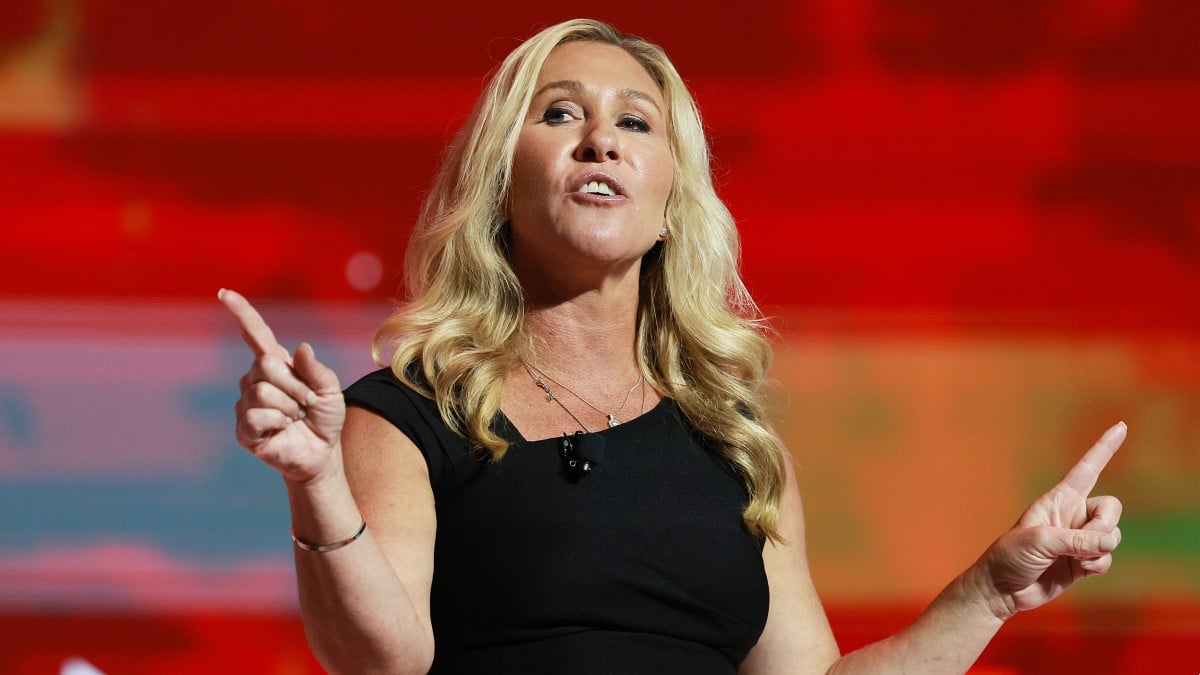
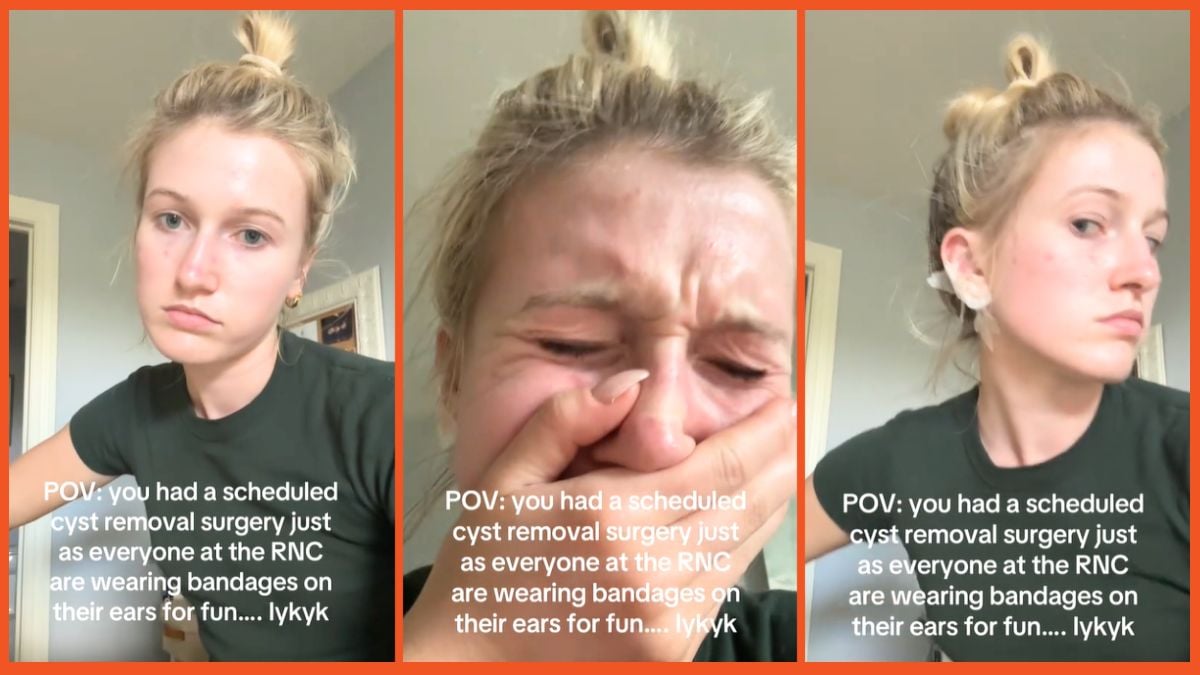
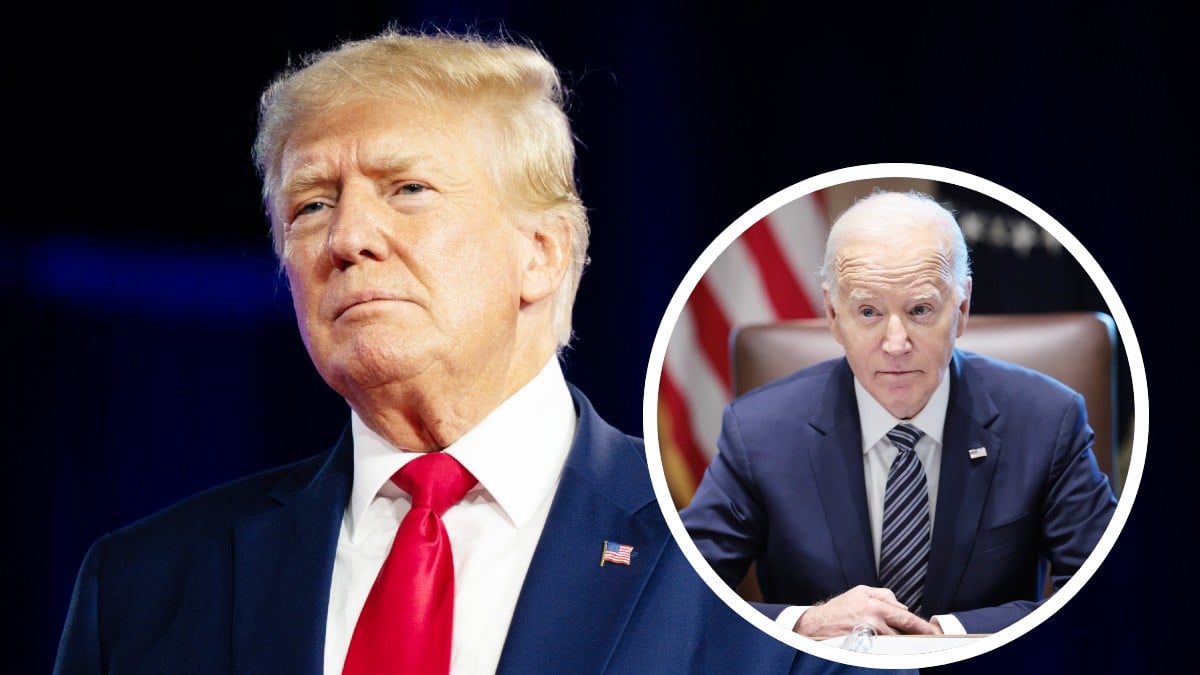
Published: Sep 14, 2016 05:55 pm